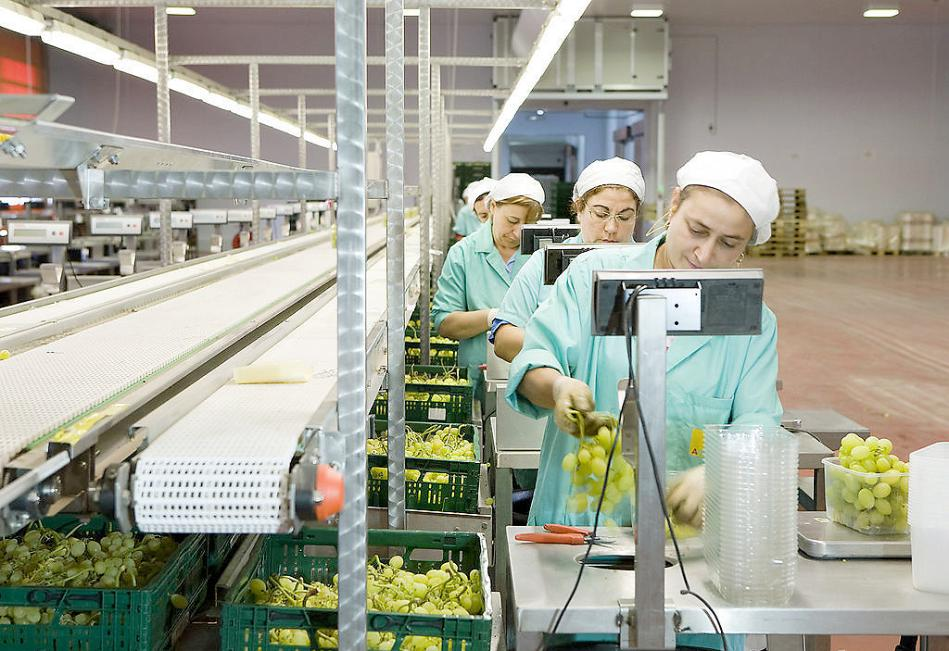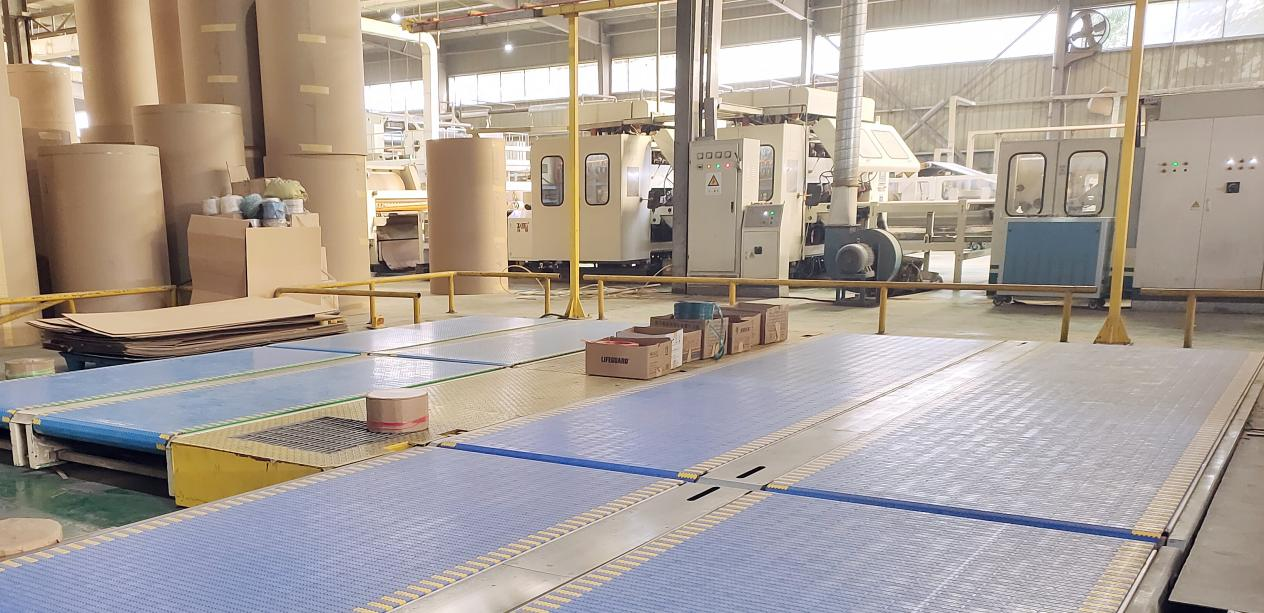The rise of modular plastic belt conveyors marks a transformative shift in industrial automation, offering unmatched flexibility, durability, and sustainability. These systems, composed of interlocking plastic modules (typically PP, PE, or nylon), adapt seamlessly to complex layouts—including curves, inclines, and declines—while resisting corrosion, reducing downtime, and meeting stringent hygiene standards. As global demand surges, driven by automation trends and sustainability goals, companies like Nantong Tuoxin Intelligent Equipment Technology Co., Ltd. are at the forefront of innovation, delivering cutting-edge solutions across industries.
Market Dynamics and Growth Trajectory
The global modular plastic conveyor market is projected to reach $100 billion by 2030, growing at a CAGR of 7.2% (Grand View Research). This expansion is fueled by emerging economies’ automation push, food safety regulations, and energy-efficient demands. For instance, Southeast Asia’s seafood processing sector alone consumes 30% of modular plastic belts due to their saltwater and bacteria resistance.
Nantong Tuoxin, with over two decades of experience (founded in 2003 as Nantong Tuoxin Conveying Equipment Co., Ltd.), has capitalized on this trend by diversifying into intelligent conveying systems, industrial robots, and rubber and plastic products. Their modular plastic belts, designed for high-load applications, are used by global giants like Wahaha, Mengniu, and Coca-Cola, underscoring their reliability in food and beverage processing.
Technical Advancements Driving Adoption
Innovation in materials and smart technologies is reshaping the industry:
- Extreme Environment Materials: Composites like carbon-reinforced PEEK enable operations at 300°C, expanding use in aerospace and semiconductors. Nantong Tuoxin integrates such materials to enhance heat resistance in specialized conveyor lines.
- Biodegradable Options: PLA-based modules align with circular economy goals. The company’s eco-friendly solutions, compliant with FDA and USDA standards, minimize environmental impact in organic food processing.
- IoT and AI Integration: Smart sensors and predictive analytics reduce downtime by 40%. Nantong Tuoxin leverages AI to optimize conveyor speeds, cutting energy costs for clients in electronics and automotive sectors.
Applications Across Industries
Modular plastic belts excel in diverse sectors:
- Food & Beverage: Smooth surfaces and antimicrobial coatings reduce contamination risks. Nantong Tuoxin’s solutions for poultry processors in Brazil cut bacterial buildup by 50%.
- Chemicals & Petrochemicals: PP modules withstand corrosive environments, replacing metal belts in acid treatment plants.
- Electronics: Antistatic modules protect sensitive components, while micro-textured surfaces reduce defects by 35%.
Strategic Insights for Buyers
Selecting the right conveyor involves balancing material compatibility, load capacity, and regulatory compliance. Nantong Tuoxin advises clients to prioritize modular designs for easy repairs—replacing individual modules slashes maintenance costs by 70%. Regular washdowns and FDA-approved lubricants further extend lifespan.
Future Trends and Competitive Edge
As the industry evolves, Nantong Tuoxin focuses on:
- Circular Economy: Offering “lease-to-recycle” models to achieve 95% material recovery.
- AI-Driven Optimization: Self-adjusting conveyor systems to minimize energy use.
- Emerging Markets: Expanding in agroprocessing in Africa and South America while ensuring cost-effective compliance with global standards.
Conclusion
Modular plastic belt conveyors, exemplified by Nantong Tuoxin’s expertise, are pivotal in modernizing manufacturing. By combining technical excellence, sustainability, and customer-centric innovation, these systems are not just tools—they are catalysts for efficiency and progress in a competitive global landscape.
Post time: Apr-03-2025



